Omar Abdullah Returns A New Era or Just More Turmoil for J&K?
The Congress-National Conference alliance has made a significant comeback in Jammu and Kashmir, crossing the halfway mark with 49 seats in the 90-member Assembly. The National Conference secured 42 seats, the Indian National Congress won 6, and the Communist Party of India (Marxist) claimed one. Farooq Abdullah proudly announced that his son, Omar Abdullah, will take the reins as Chief Minister, marking a pivotal moment in the region’s political landscape.
Prime Minister Narendra Modi celebrated the BJP’s strong performance in Jammu and Kashmir and expressed gratitude to voters. However, he faced criticism for the party’s inability to retain its dominance. Despite winning 29 seats, this was still seen as a setback, given the BJP’s previous control in the region. Omar Abdullah urged Modi to fulfill his promise of restoring statehood to Jammu and Kashmir, a contentious issue that has lingered since the abolition of Article 370 in 2019.
The elections were particularly noteworthy as they were the first held after a decade-long hiatus and the removal of Article 370, which had previously granted special status to the region. With a voter turnout of 63.88%, the polls signaled a renewed faith in democracy among the populace but also exposed underlying tensions between local aspirations and central government policies.
♦Also Read| Rahul Gandhi Lists Government Failures: NEET Scam, Kashmir Attacks, and More
In a bittersweet twist for the Aam Aadmi Party (AAP), which failed to secure any seats in Haryana, they celebrated their first-ever Assembly win in Jammu and Kashmir. AAP candidate Mehraj Malik triumphed in the Doda constituency, defeating his BJP rival by over 4,500 votes. AAP chief Arvind Kejriwal congratulated Malik, emphasizing the significance of having an AAP MLA in the region, further complicating the existing political dynamics.
While accepting the election results, the BJP highlighted its best-ever performance in Jammu and Kashmir, asserting that violence has decreased since the repeal of Article 370. Party chief JP Nadda pointed to the increased voter turnout as evidence of a growing enthusiasm for democracy, even as critics question whether this enthusiasm translates into genuine support for the party’s agenda.
As the final results rolled in, the National Conference’s Omar Abdullah proclaimed that democracy has finally returned to Jammu and Kashmir. His victory and significant wins by other local leaders reflect a public desire for change amid years of political strife. However, the rise of new players like AAP and the resilience of traditional parties set the stage for a potentially volatile political future in the region.


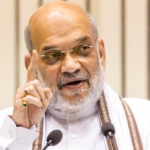
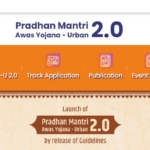
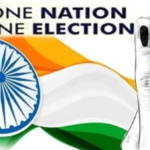

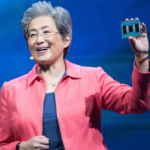
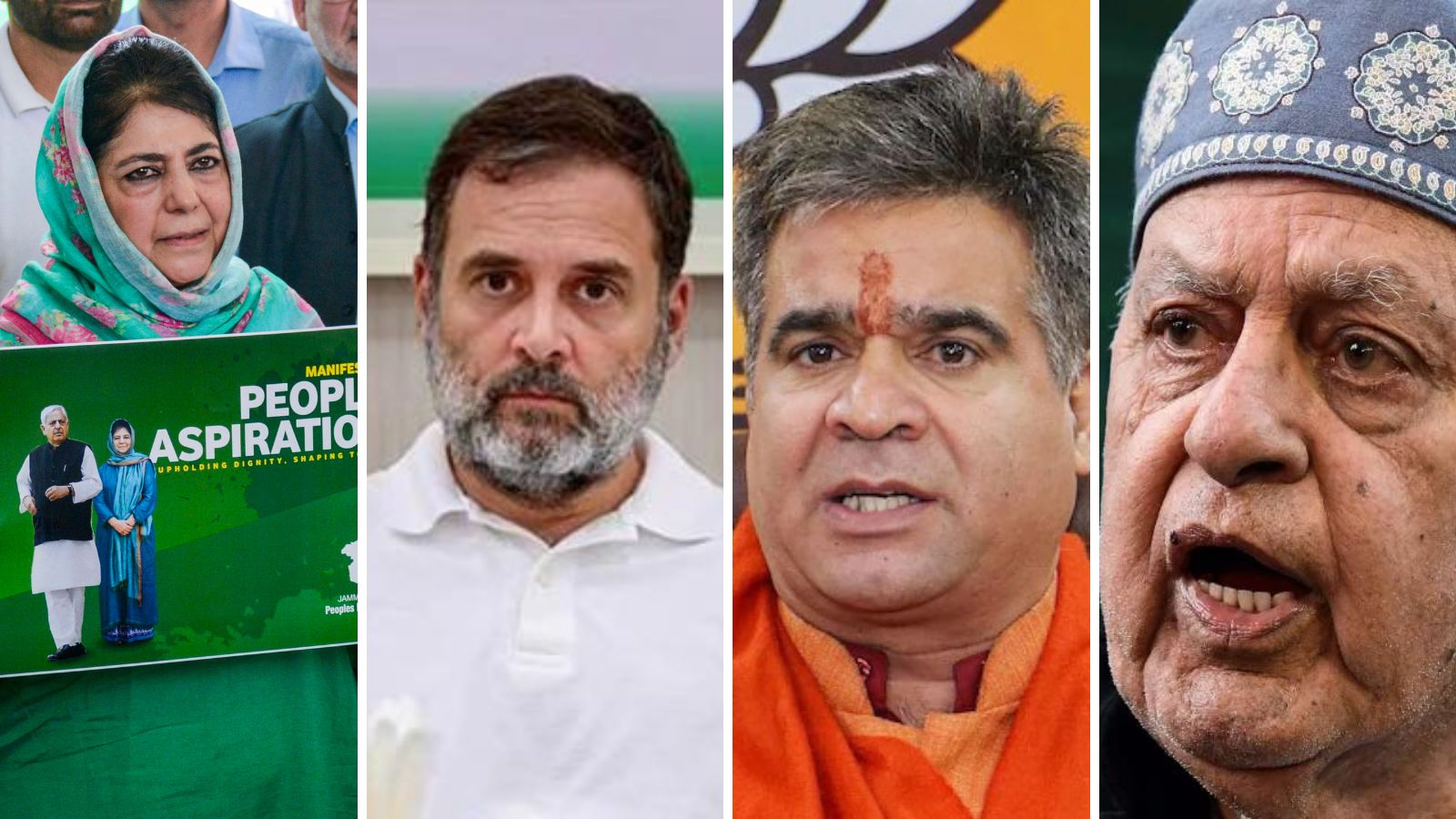
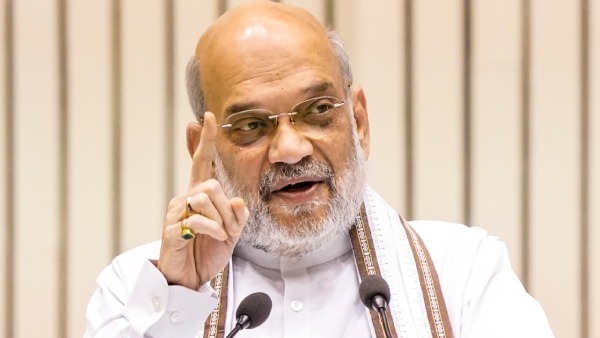


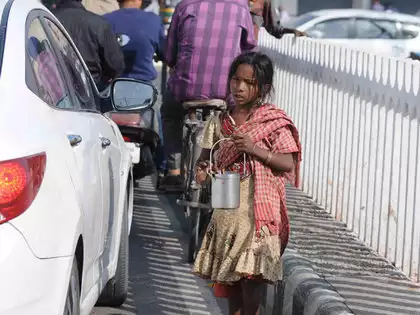
One thought on “Omar Abdullah Returns A New Era or Just More Turmoil for J&K?”